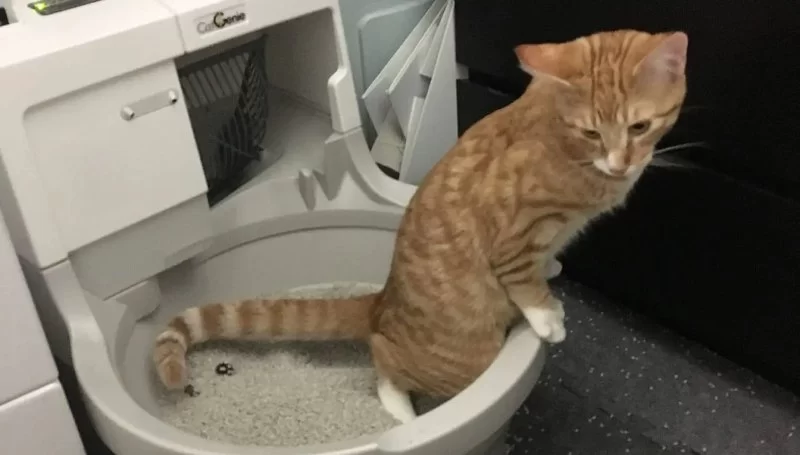- understanding-cat-peeing-issues-in-2025
- medical-reasons-behind-litter-box-avoidance
- behavioral-and-environmental-causes
- real-life-examples-of-cats-peeing-outside-the-box
- practical-solutions-and-strategies
- when-to-seek-professional-guidance
- support-and-resources-for-cat-owners
1. Understanding Cat Peeing Issues in 2025
Many cat owners in 2025 are asking themselves, “What to Do If Your Cat Is Peeing Outside the Litter Box?” This is one of the most common and frustrating feline behavior problems. When a cat suddenly chooses the carpet, couch, or even your favorite shoes instead of the litter box, it’s more than just an inconvenience—it’s a signal that something deeper is going on. Recognizing this as communication rather than defiance is the first step toward solving the problem.
Experts emphasize that inappropriate urination is rarely a random act. Instead, it often reflects a medical, behavioral, or environmental issue that can be identified and addressed with the right approach.
2. Medical Reasons Behind Litter Box Avoidance
2.1 Urinary Tract Infections and Bladder Issues
Veterinarians frequently see cats with urinary tract infections or bladder stones that make urination painful. In these cases, cats may associate the litter box with discomfort and look for other spots. A vet visit is crucial to rule out these medical causes.
2.2 Kidney Disease and Diabetes
Older cats or those with underlying health conditions may urinate more often, sometimes missing the litter box entirely. In 2025, advanced diagnostic tools make it easier to detect these issues early and create treatment plans that also reduce household accidents.
3. Behavioral and Environmental Causes
3.1 Stress and Anxiety
Major household changes like moving, new family members, or even rearranging furniture can trigger stress in cats. Stress often leads to inappropriate urination as a coping mechanism. Addressing anxiety with structured routines and calming aids can help.
3.2 Litter Box Preferences
Cats can be surprisingly particular about their litter boxes. Size, cleanliness, placement, or even the type of litter can all play a role. A cat that dislikes the box may look for a softer, quieter spot to relieve itself.
3.3 Territorial Marking
Sometimes, inappropriate urination is linked to marking behavior, especially in multi-cat homes. Cats may pee outside the box to establish dominance or secure territory. Identifying this behavior is important in choosing the right strategy to stop it.
4. Real-Life Examples of Cats Peeing Outside the Box
In 2025, one widely shared online story featured a cat in California who began peeing on the owner’s bed every night. After veterinary testing, the culprit turned out to be a urinary tract infection. Once treated, the problem disappeared. Another case in a multi-cat household showed one cat urinating near the front door after the family adopted a new puppy, clearly linked to stress and territorial anxiety. These stories show that inappropriate urination often has clear, solvable causes.
5. Practical Solutions and Strategies
5.1 Keep Litter Boxes Clean and Accessible
Cleaning the litter box daily and providing multiple boxes in different areas of the home is a simple but effective strategy. Cats are more likely to use a box that feels clean and private.
5.2 Experiment with Litter and Box Types
Some cats prefer open boxes, while others feel safer with covered ones. Testing different litters—clumping, unscented, or softer textures—can also reveal a cat’s preferences.
5.3 Reduce Stress and Provide Enrichment
Interactive toys, climbing trees, and regular play sessions help reduce stress and prevent behavior problems. Calming pheromone diffusers are another popular option in 2025, recommended by many feline behaviorists.
6. When to Seek Professional Guidance
If your cat continues to pee outside the litter box despite changes, it’s time to consult a veterinarian or certified feline behaviorist. Professional guidance ensures underlying medical issues aren’t missed and provides tailored strategies to restore harmony in your home.
7. Support and Resources for Cat Owners
At Hidden Brook Veterinary, we know how stressful it can be when your cat is peeing outside the litter box. That’s why we offer specialized services, carefully selected products, and expert advice to help identify and solve the problem. From advanced medical testing to behavior consultations, our team is ready to support you and your feline companion.












